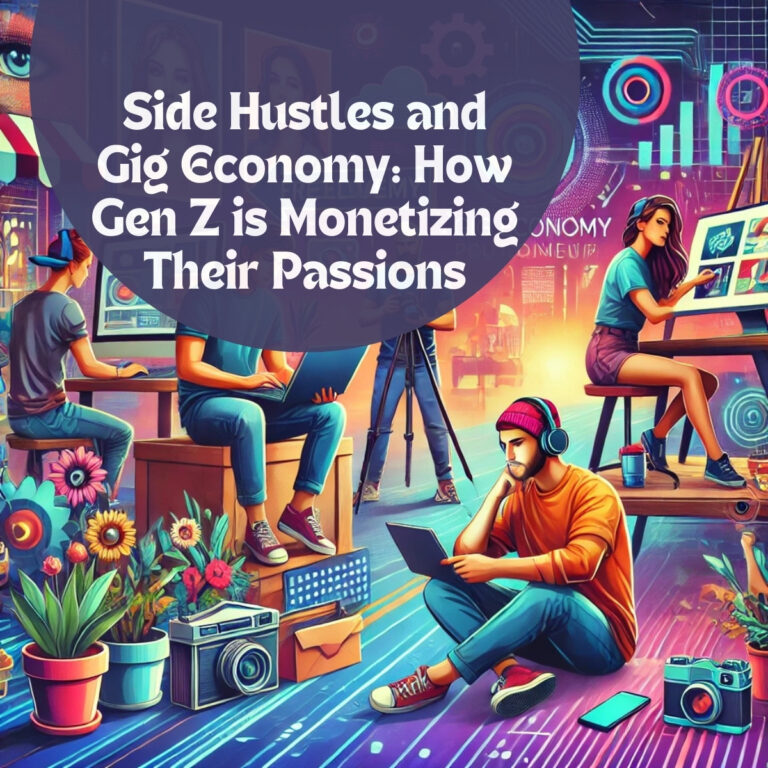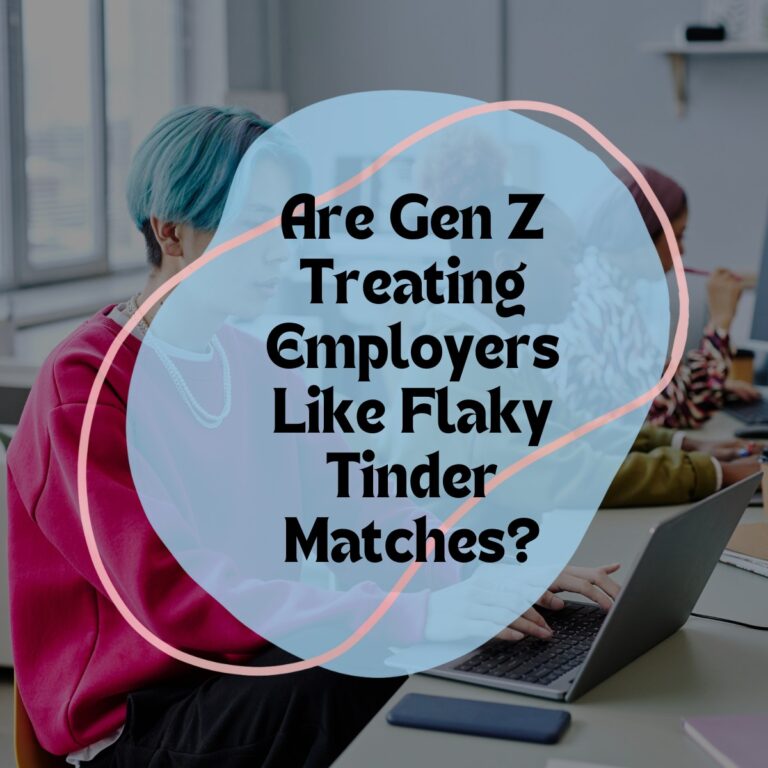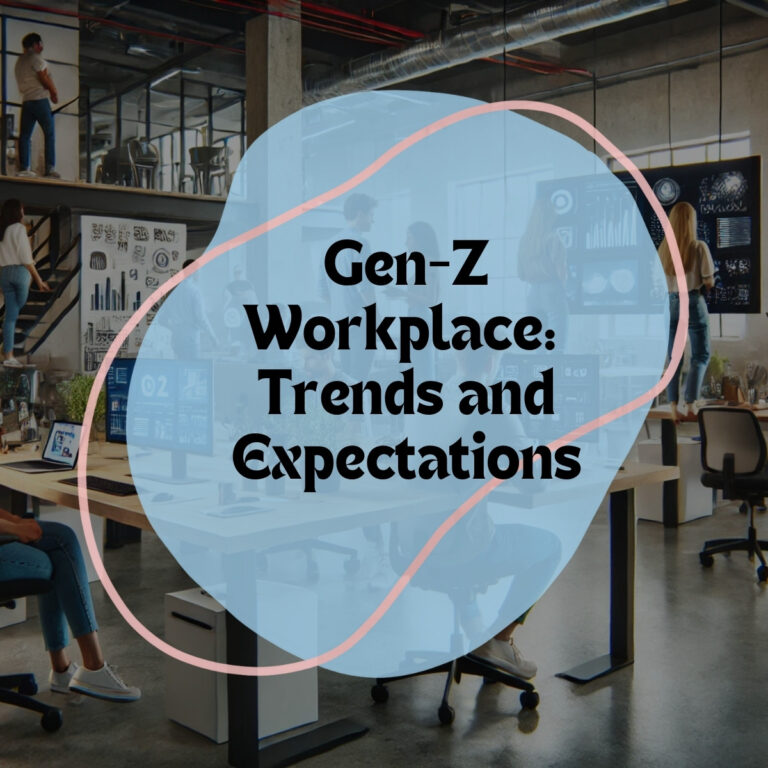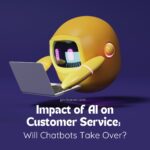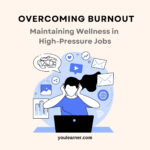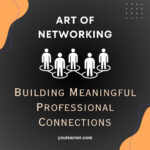Gen Z vs Millennials: How Work Attitudes Differ Across GenerationsThe workplace is a living, breathing ecosystem, constantly reshaped by the people who inhabit it. Today, two generations—Millennials (born roughly between 1981 and 1996) and Generation Z (born roughly between 1997 and 2012)—are driving much of that transformation. As Millennials settle into leadership roles and Gen Z steps boldly into the workforce, their attitudes toward work reveal striking differences, shaped by distinct social, economic, and technological landscapes. While both generations share some common ground, their approaches to career aspirations, work-life balance, job loyalty, and workplace culture often diverge in fascinating ways. Let’s explore how these generational cohorts view work and what it means for the future of employment.
The Backdrop: Growing Up in Different Worlds
To understand their work attitudes, we first need to consider the worlds they were raised in. Millennials came of age during the early internet boom, the 9/11 attacks, and the 2008 financial crisis. These events instilled a mix of optimism about technology and skepticism toward traditional institutions like corporations and governments. Many Millennials entered the workforce during economic recovery, often taking on student debt and facing a competitive job market. This backdrop fostered a generation that values purpose, flexibility, and personal growth but also harbors a pragmatic streak born from instability.
Gen Z, by contrast, grew up fully immersed in a digital, hyper-connected world. Social media, smartphones, and instant access to information defined their formative years. They witnessed the gig economy’s rise, climate change debates, and a global pandemic that disrupted education and early career paths. For Gen Z, uncertainty is the norm, and they’ve adapted by prioritizing adaptability, authenticity, and self-reliance. These foundational differences set the stage for how each group approaches work.
Career Goals: Purpose vs. Pragmatism
Millennials are often characterized as the “purpose-driven” generation. They entered the workforce seeking jobs that aligned with their values, famously prioritizing “meaning” over money. Surveys from the early 2010s showed Millennials willing to take pay cuts for roles at socially responsible companies. This quest for purpose stemmed from a desire to reshape a world they saw as broken—whether through startups, nonprofits, or corporate social responsibility initiatives. They wanted to “make a dent in the universe,” as Steve Jobs once put it.
Gen Z, while also value-driven, leans toward pragmatism. Having watched Millennials struggle with burnout and student debt, they’re more likely to see work as a means to an end—financial security and personal freedom. A 2023 Deloitte survey found that 77% of Gen Z workers prioritize salary and job stability over “passion projects.” Yet, this doesn’t mean they lack ideals. Gen Z demands ethical employers—think climate action or diversity—but they’re less likely to romanticize work as their life’s calling. Instead, they view it as one part of a broader, balanced existence.
Work-Life Balance: Redefining the Hustle
Millennials helped popularize the idea of work-life balance, but their version often came with a catch: the hustle. They embraced side gigs, freelancing, and the “rise and grind” ethos, partly out of necessity during economic uncertainty. For many, work bled into personal time, fueled by smartphones and a culture that glorified busyness. While they pushed for flexible schedules and remote work, Millennials often struggled to disconnect, with burnout becoming a generational hallmark.
Gen Z, on the other hand, is rewriting the script. They’re not just asking for balance—they’re demanding it. Having seen Millennials overextend themselves, Gen Z sets firmer boundaries. A 2024 LinkedIn report noted that 63% of Gen Z workers refuse jobs without clear remote or hybrid options, and they’re vocal about mental health needs. Social media platforms like TikTok amplify their rejection of “hustle culture,” with viral trends like “quiet quitting” (doing the bare minimum) and “anti-work” sentiments. For Gen Z, work should fit into life, not dominate it.
Job Loyalty: Stayers vs. Switchers
Millennials earned a reputation as job-hoppers, and there’s truth to it. A 2016 Gallup poll found that 21% of Millennials had changed jobs within the past year—three times the rate of older generations. They moved for better pay, growth opportunities, or a stronger sense of purpose, often seeing loyalty to a single employer as outdated. This restlessness reflected their distrust in institutions and a belief that they could forge their own paths.
Gen Z takes a slightly different tack. While they’re not afraid to switch jobs—especially if a company doesn’t align with their values or offer growth—they’re more calculated about it. A 2023 Monster survey found that 83% of Gen Z workers would leave a job for better pay elsewhere, but they’re also drawn to employers offering clear career development. Unlike Millennials, who hopped jobs reactively, Gen Z seems to approach it strategically, seeking roles that build skills and stability. They’re less loyal to companies but fiercely loyal to their own trajectories.
Technology: Tools of Empowerment
Both generations are tech-savvy, but their relationships with technology at work differ. Millennials bridged the analog-to-digital transition, adopting tools like email and early social media as they entered the workforce. They leveraged tech to innovate—think of the startup boom—and pushed for its integration into traditional workplaces. However, they also grappled with its downsides, like constant connectivity and information overload.
For Gen Z, technology isn’t just a tool—it’s second nature. They’re the first fully digital-native generation, fluent in platforms like Slack, Zoom, and AI-driven workflows. They expect employers to provide cutting-edge tech and seamless remote capabilities. A 2024 Pew Research study found that 70% of Gen Z workers prefer jobs where they can use creative tools (e.g., video editing software) or automation to streamline tasks. They see tech as a way to work smarter, not harder, freeing up time for personal pursuits.
Workplace Culture: Collaboration vs. Authenticity
Millennials reshaped workplace culture by championing collaboration and openness. They pushed for flat hierarchies, team-based projects, and perks like free snacks or ping-pong tables. This reflected their desire for community and a break from rigid corporate norms. However, critics argue this sometimes led to performative “cool” cultures that masked deeper issues like low pay or long hours.
Gen Z prioritizes authenticity over aesthetics. They’re less impressed by foosball tables and more focused on transparency—think fair pay, mental health support, and inclusive policies. They’re quick to call out “toxic” workplaces or “corporate gaslighting” online, holding employers accountable. A 2023 Glassdoor analysis showed Gen Z workers are twice as likely as Millennials to leave reviews about company culture, good or bad. They want a workplace that’s real, not just trendy.
The Future: A Generational Handshake
As Millennials move into management and Gen Z rises through the ranks, their differing attitudes are converging to reshape work. Millennials’ push for purpose and flexibility laid the groundwork; Gen Z’s focus on boundaries and pragmatism is refining it. Together, they’re driving trends like remote work, skills-based hiring, and a rejection of outdated norms. Employers must adapt, balancing Gen Z’s need for stability and autonomy with Millennials’ emphasis on growth and impact.
The differences between Gen Z and Millennials aren’t just quirks—they reflect broader societal shifts. Millennials dreamed of changing the world through work; Gen Z wants work to enable a life they can control. Both are rewriting the rules, proving that each generation builds on the last, not in opposition, but in evolution. As the workplace continues to transform, one thing is clear: it’s less about Gen Z versus Millennials and more about how they’re shaping a future that works for everyone.

